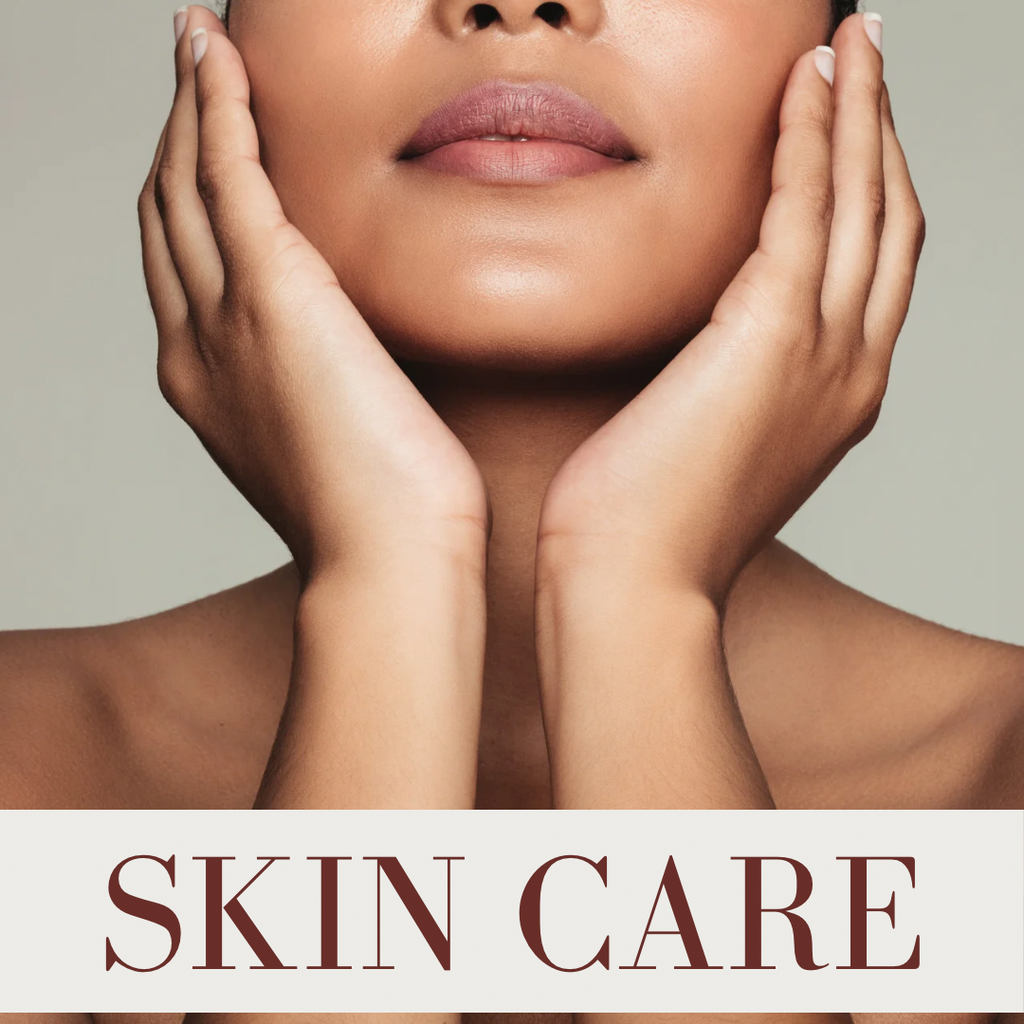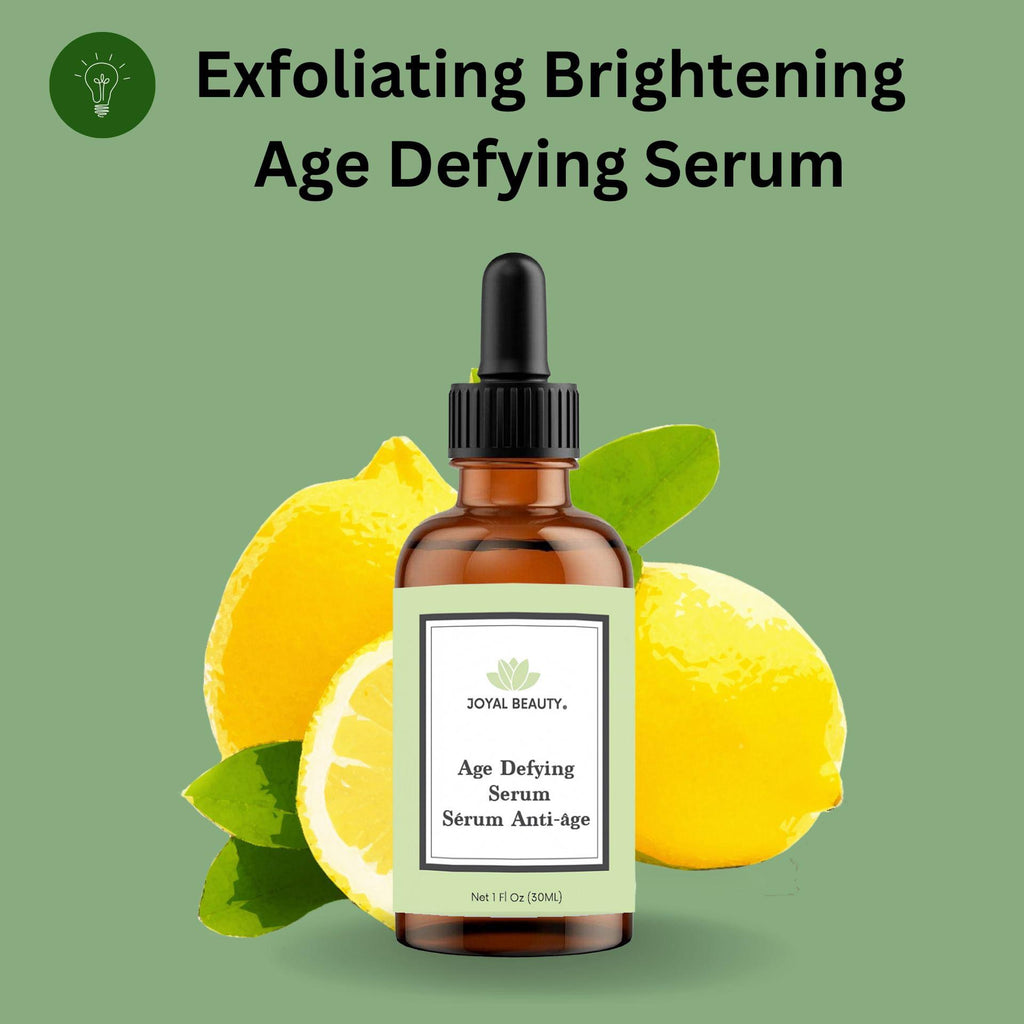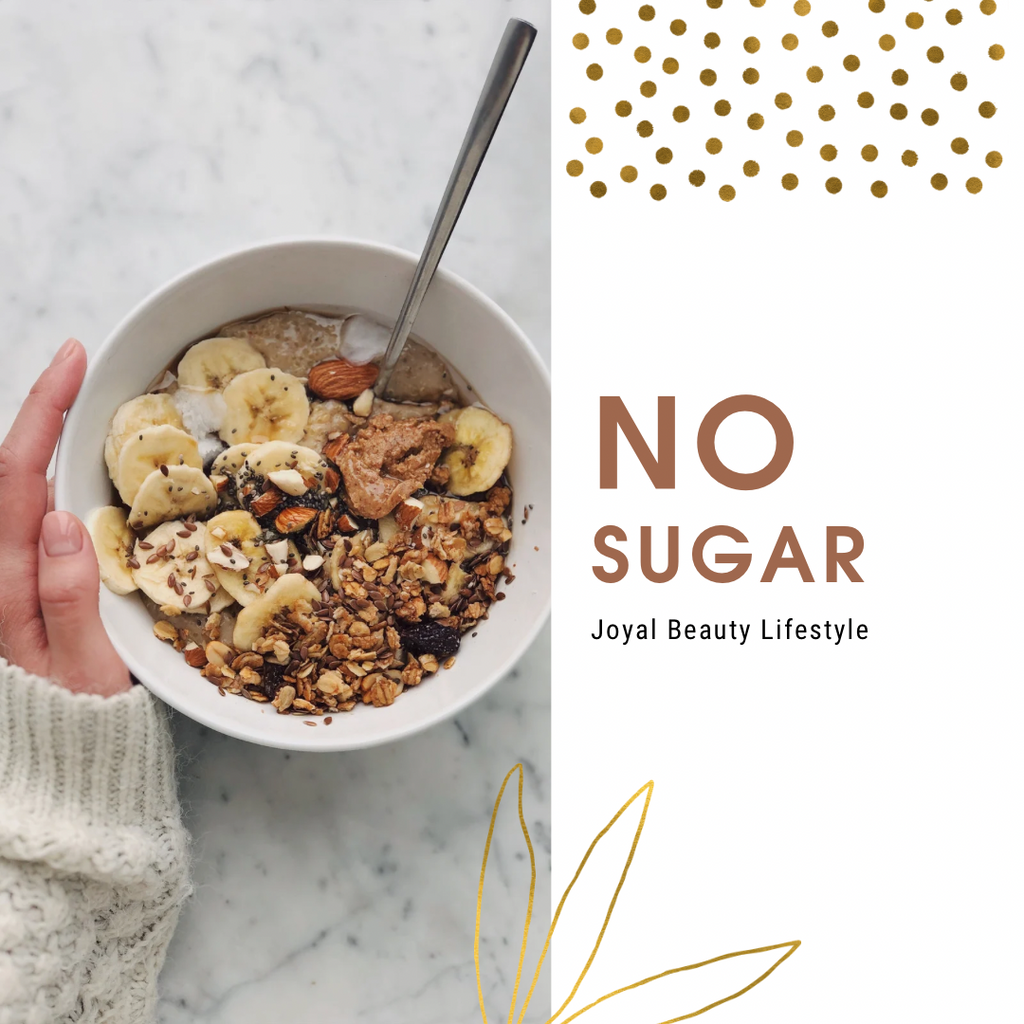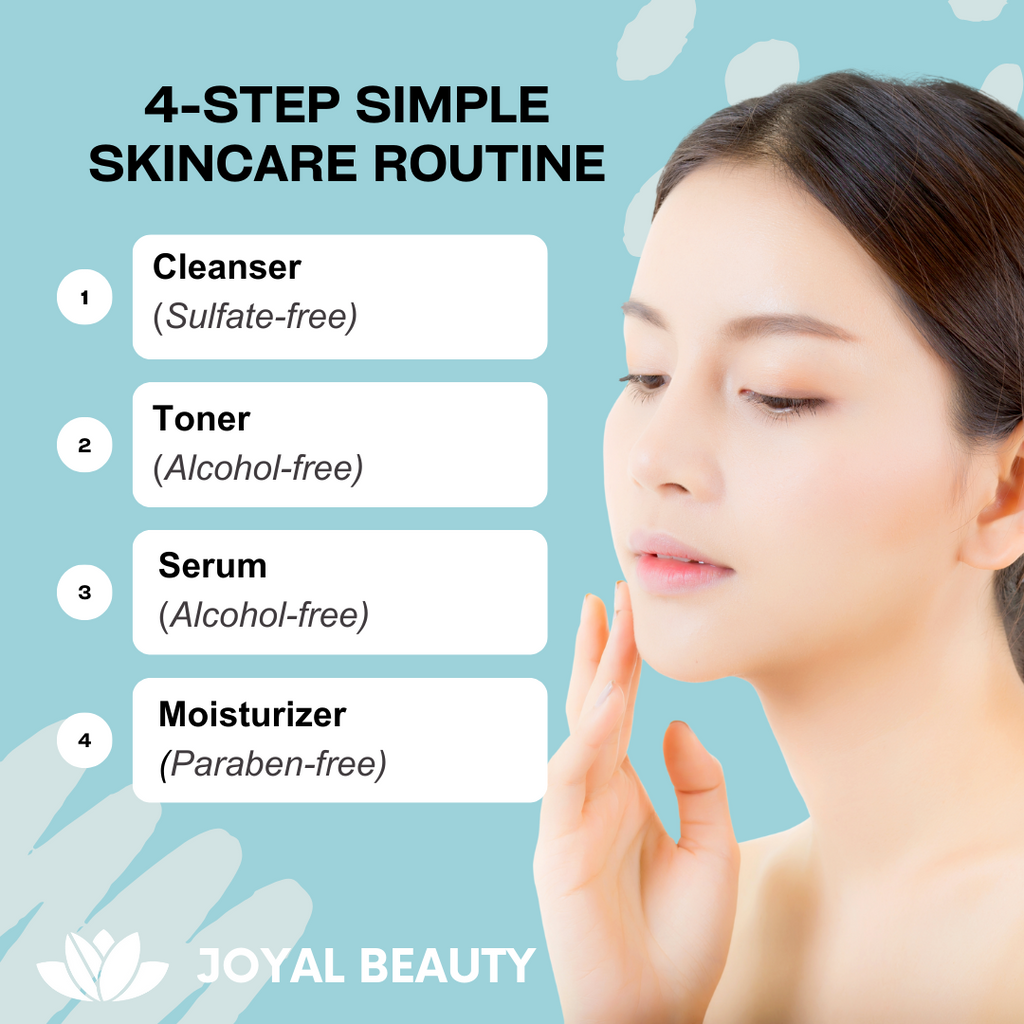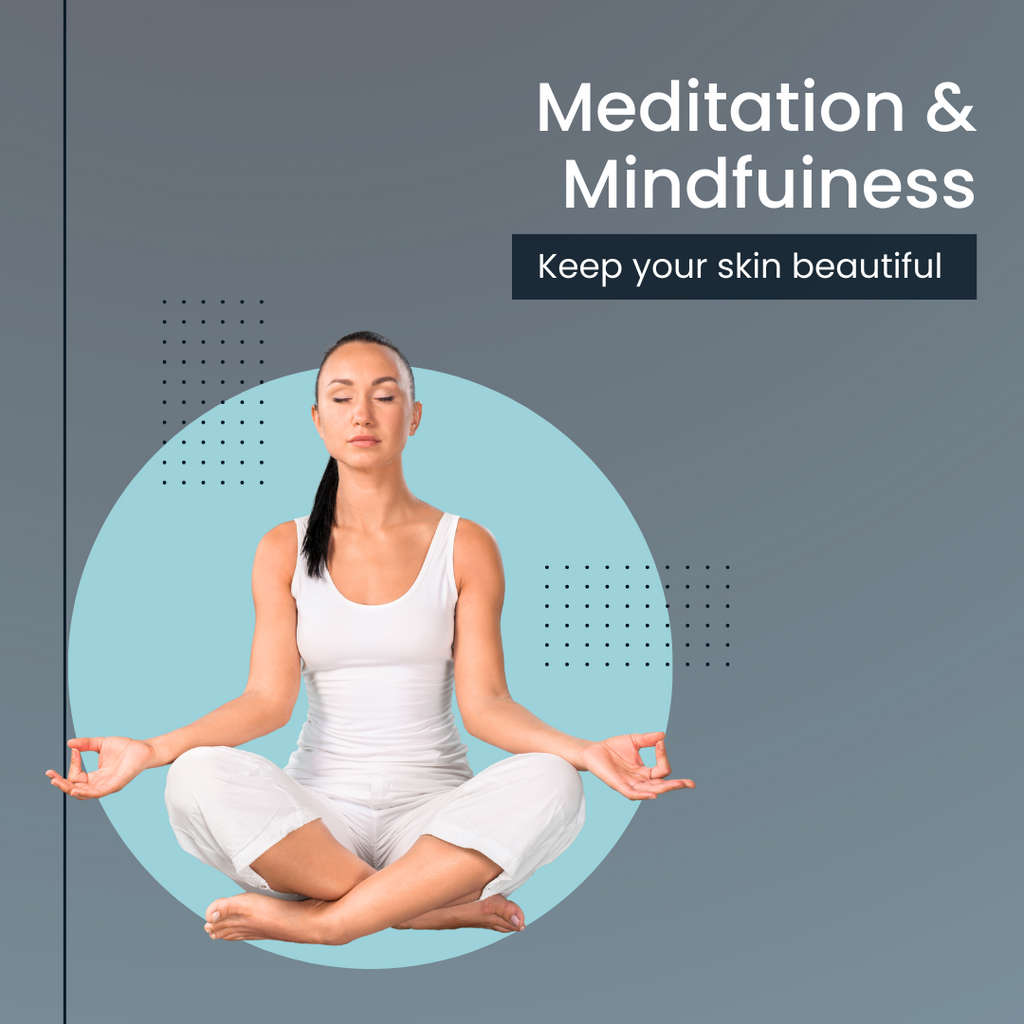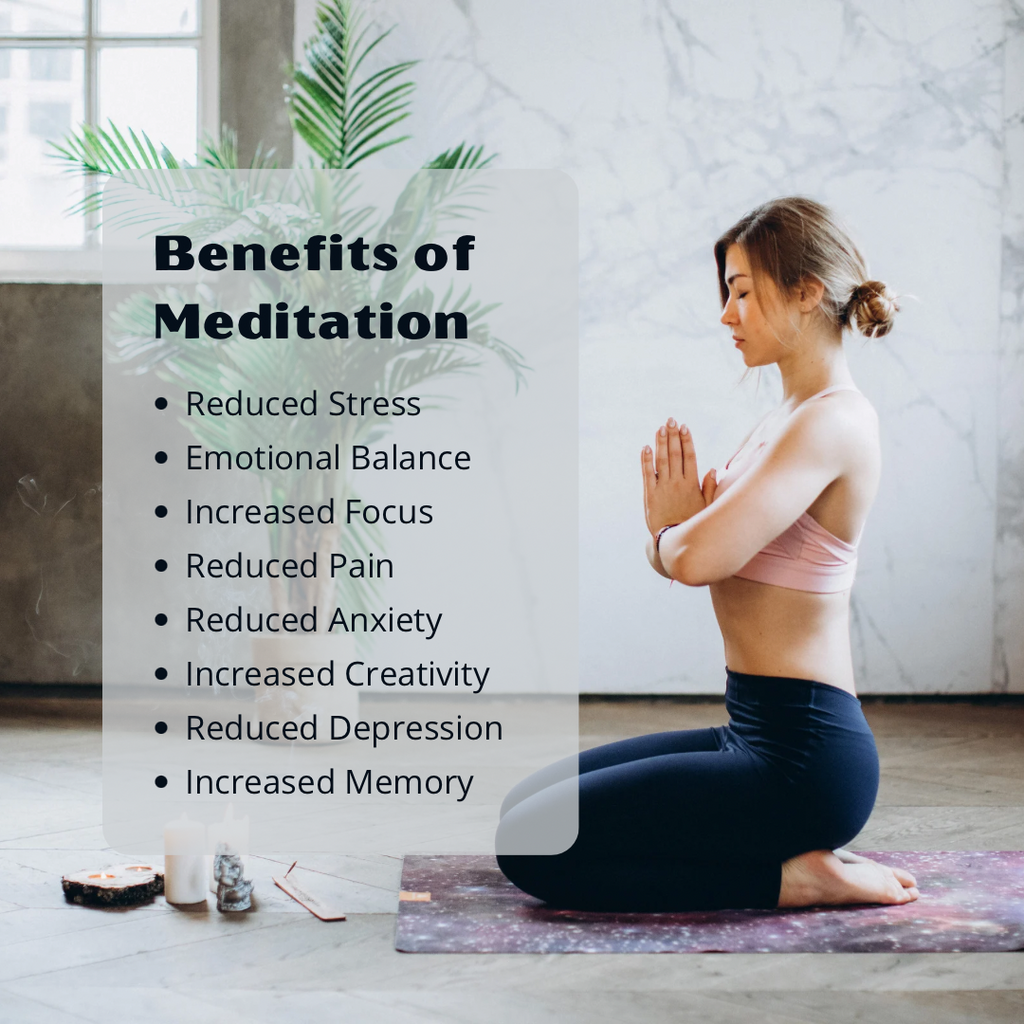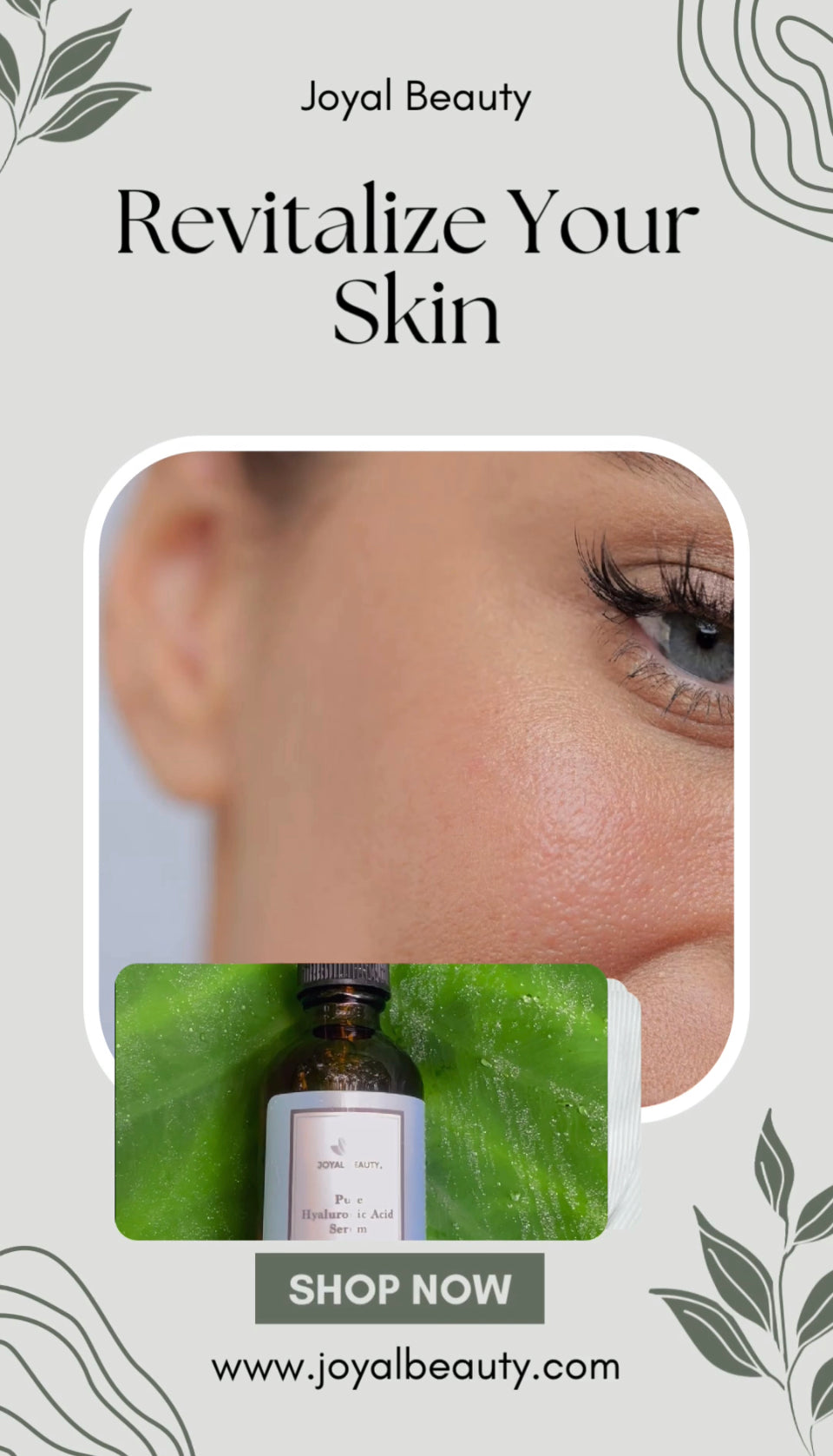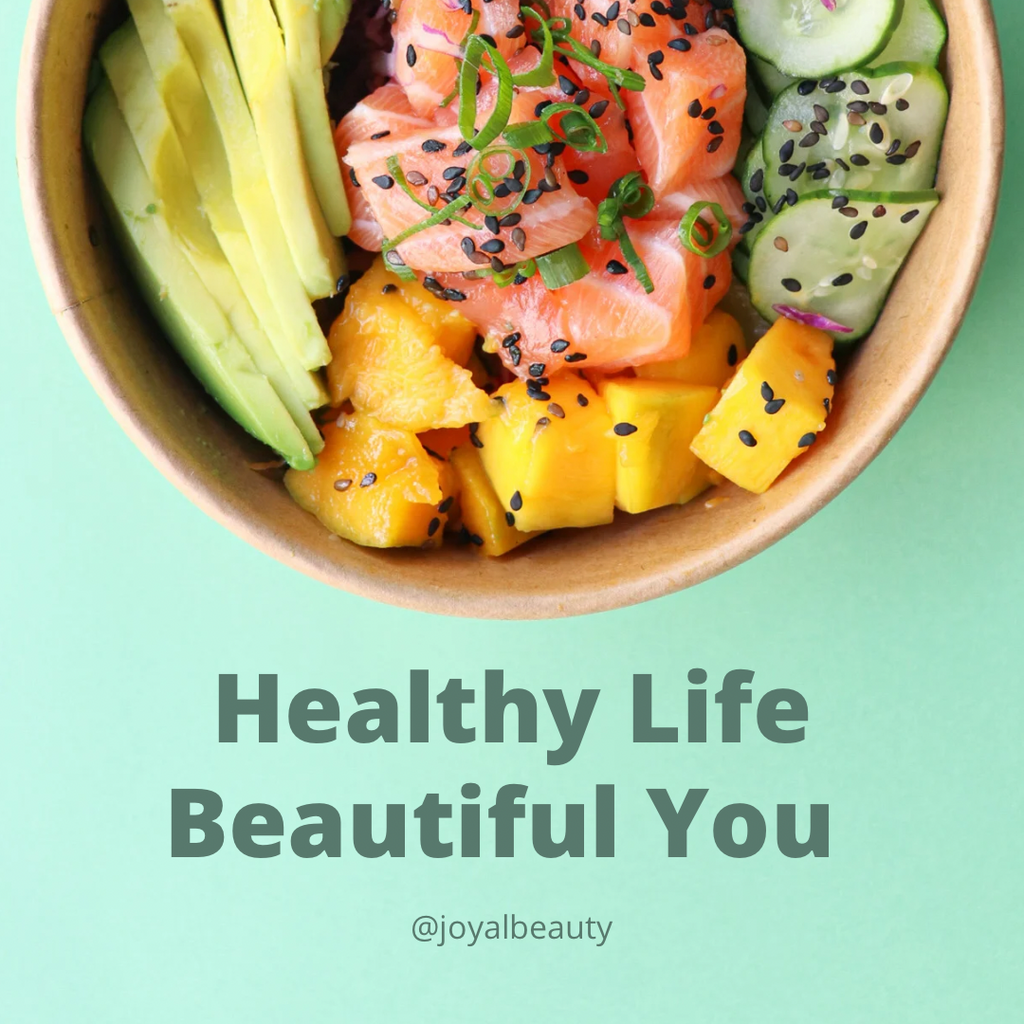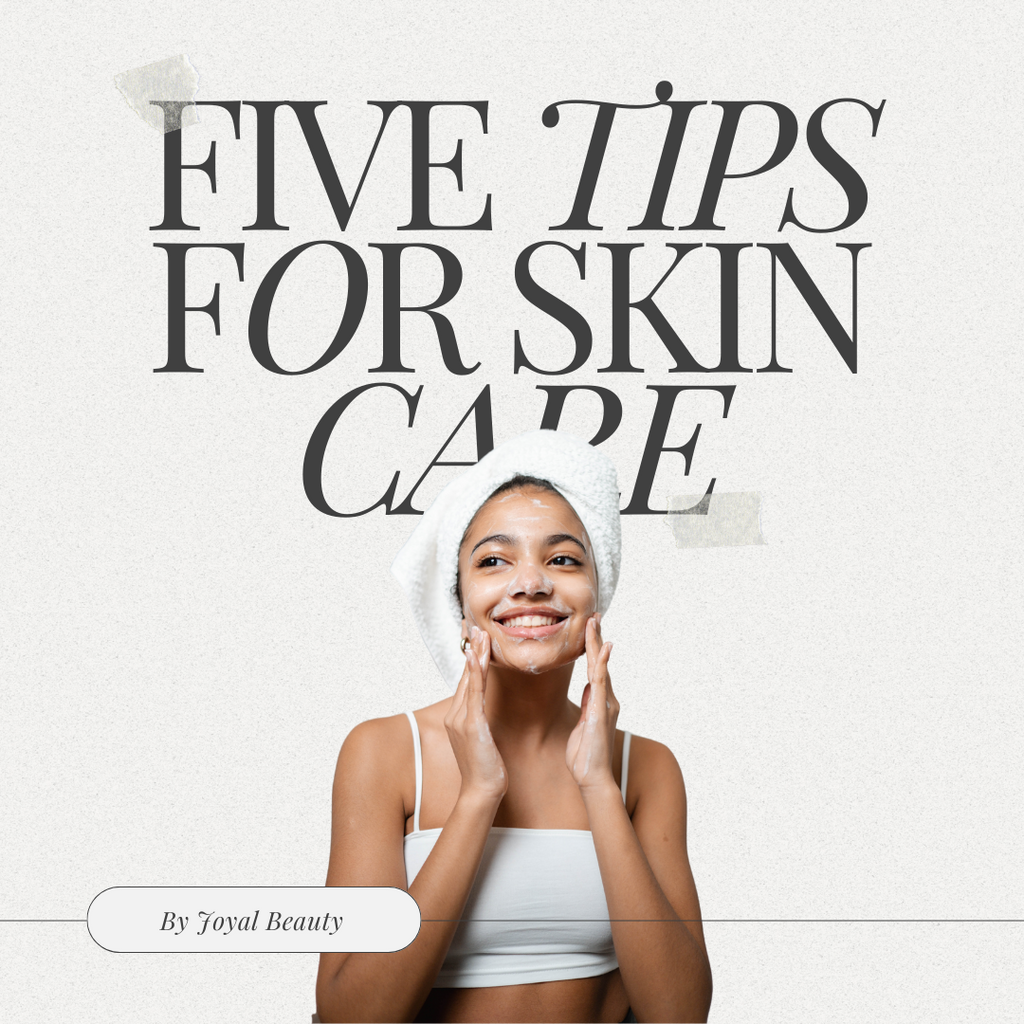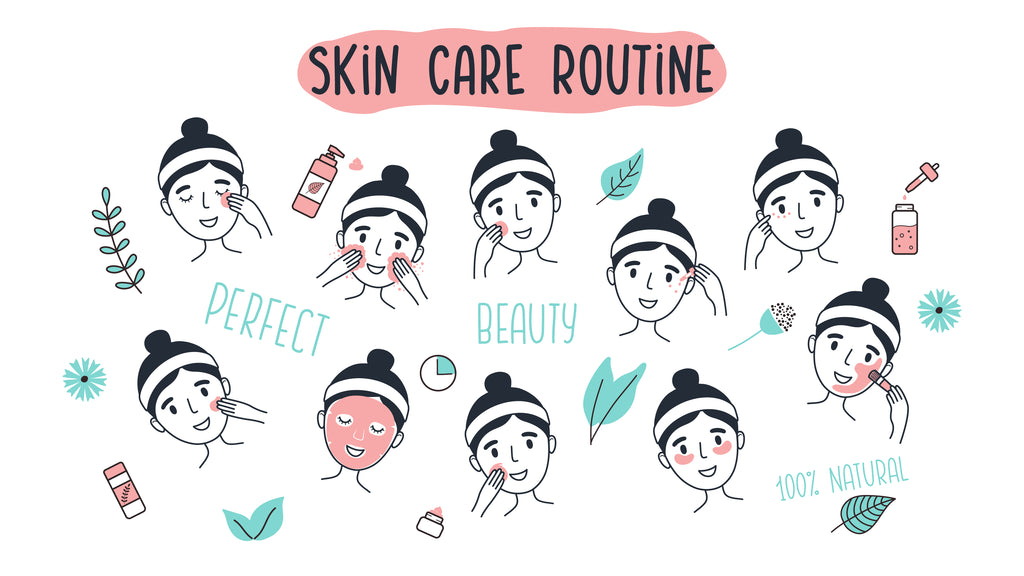Beauty Blog
How to reduce neck wrinkles ?
Reducing neck wrinkles involves a combination of skincare, lifestyle changes, and professional treatments. Here’s a comprehensive guide:
1. Skincare Routine
• Cleanse and Moisturize: Use a gentle cleanser and hydrating moisturizer daily to maintain skin elasticity.
• Use Sunscreen: Apply broad-spectrum SPF 30 or higher to your neck daily to prevent sun damage.
• Retinol or Retinoids: Apply products with retinol to boost collagen production (start with a low concentration to avoid irritation).
• Hyaluronic Acid: Keeps skin plump and hydrated.
• Antioxidants: Serums with vitamin C or E can combat free radical damage.
2. Lifestyle Changes
• Stay Hydrated: Drink plenty of water to keep skin supple.
• Healthy Diet: Eat foods rich in antioxidants, vitamins, and healthy fats (e.g., fruits, vegetables, nuts, and fish).
• Avoid Smoking: Smoking accelerates aging and causes wrinkles.
• Sleep Position: Sleep on your back to prevent skin creasing.
• Tech Neck Awareness: Limit screen time and keep devices at eye level to reduce neck strain.
3. Exercises and Massage
• Facial Yoga: Practice neck and facial exercises to tone muscles.
• Neck Massage: Gently massage your neck upward with oil or cream to promote blood circulation.
4. Professional Treatments
• Chemical Peels: Remove the top layer of skin, promoting regeneration.
• Microneedling: Stimulates collagen and elastin production.
• Laser Treatments: Improves skin texture and reduces pigmentation.
• Botox or Fillers: Temporarily smooth wrinkles and restore volume.
• Radiofrequency or Ultrasound Therapy: Tightens skin by boosting collagen production.
Regular gentle exfoliation is essential for maintaining healthy and vibrant skin
Accelerates Skin Cell Turnover: By removing dead skin cells from the surface, exfoliation encourages the production of new, healthy skin cells. This turnover process promotes a fresher, more youthful complexion.
Removes Dead Skin Cells: Dead skin cells can accumulate on the surface, leading to dullness and uneven texture. Exfoliation helps slough off these dead cells, revealing smoother, more radiant skin underneath.
Softens Skin Texture: Exfoliating removes rough, dry patches, leaving skin feeling softer and smoother to the touch. This enhanced texture contributes to a more supple and youthful appearance.
Brightens the Skin: By eliminating dulling debris and promoting cell renewal, exfoliation can brighten the complexion, resulting in a more luminous and radiant glow.
Enhances Absorption of Skincare Products: With the outer layer of dead skin cells removed, skincare products such as serums and moisturizers can penetrate more effectively into the deeper layers of the skin. This maximizes their efficacy and allows for better results.
The Sweet Secret to Glowing Skin: Why Cutting Sugar Leads to Beauty
Unlock Your Skin's Radiance with Our 4-Step Simple Skincare Routine
Step 1: Gently cleanse with our sulfate-free cleanser to remove impurities and unclog pores, leaving your skin refreshed and ready to absorb the benefits of the following steps.
Step 2: Rebalance your skin's pH levels and hydrate with our alcohol-free toner, prepping it for the serum that follows.
Step 3: Apply our alcohol-free serum, loaded with skin-loving ingredients, to address your specific concerns, whether it's hydration, anti-aging, or brightening.
Step 4: Seal in the goodness with our paraben-free moisturizer, locking in moisture and providing a protective barrier, so you can face the world with a radiant, healthy complexion.
Experience the transformation – it's that SIMPLE!
Achieve Radiant Skin Through Beautiful Skin Meditation
How to do morning meditation
1. Find a Quiet Space: Choose a quiet and comfortable place where you won’t be disturbed.
2. Sit Comfortably: You can sit on a cushion or a chair with your back straight. Find a comfortable posture that works for you.
3. Set a Timer: Decide on the duration of your meditation. Start with a short time, like 5-10 minutes, and gradually increase it as you get more comfortable.
4. Close Your Eyes: Close your eyes and take a few deep breaths to relax.
5. Focus on Your Breath: Pay attention to your breath as you inhale and exhale. Feel the sensation of your breath entering and leaving your body.
6. Be Mindful: Your mind may wander; that’s normal. When it does, gently bring your focus back to your breath without judgment.
7. Use Guided Meditations (Optional): You can use guided meditation apps or recordings to help you stay on track.
8. Set an Intention: Before you finish, set a positive intention for your day, something you’d like to cultivate or achieve.
9. End with Gratitude: Take a moment to be grateful for the opportunity to meditate and for the new day ahead.
10. Slowly Open Your Eyes: When your meditation time is up, open your eyes and transition into your daily activities with mindfulness.
Remember that consistency is key. Practicing morning meditation regularly can help you reduce stress, improve focus, and enhance your overall well-being.
Benefits of Adding Hyaluronic Acid Serum to Your Skincare Regimen
1. Intense Moisture: Hyaluronic acid is a powerful humectant, capable of holding up to 1,000 times its weight in water, ensuring deep hydration for the skin.
2. Plumps and Firms: The increased hydration helps to plump and firm the skin, reducing the appearance of fine lines and wrinkles.
3. Improved Texture: Skin feels smoother and softer due to enhanced hydration levels, giving it a healthier and more youthful appearance.
4. Enhanced Skin Barrier: By retaining moisture, hyaluronic acid supports the skin’s natural barrier, making it more resilient against environmental stressors.
5. Compatibility: It’s suitable for various skin types, including sensitive skin, and can be used in both dry and oily skin regimens.
6. Non-Greasy: Hyaluronic acid serums are typically lightweight and non-greasy, making them comfortable for daily use.
7. Versatile: Can be used alone or alongside other skincare products, such as moisturizers, to boost hydration.
Regular use of a hyaluronic acid serum can contribute to a well-hydrated, smooth, and healthy complexion.
Tips for 16/8 eating pattern
1. Stay Hydrated: Start your day with water to stay hydrated during your fasting period.
2. Choose Nutrient-Rich Foods: Opt for whole foods like fruits, vegetables, lean proteins, whole grains, and healthy fats.
3. Control Portions: Be mindful of portion sizes to avoid overeating during your eating window.
4. Balance Macronutrients: Aim for a balance of carbohydrates, proteins, and fats in your meals.
5. Limit Processed Foods: Minimize processed and sugary foods, as they can lead to energy spikes and crashes.
6. Include Fiber: Fiber-rich foods help keep you full and aid digestion. Examples include whole grains, legumes, and vegetables.
7. Protein Intake: Ensure you get an adequate amount of protein to support muscle health.
8. Healthy Fats: Incorporate sources of healthy fats like avocados, nuts, and olive oil.
9. Reduce Added Sugars: Minimize sugary drinks, snacks, and desserts.
10. Stay Mindful: Pay attention to your body’s hunger and fullness cues.
11. Meal Timing: Plan your eating window to align with your daily schedule and preferences.
12. Consult a Professional: If you have specific dietary goals or health concerns, consider consulting a dietitian or healthcare provider for personalized guidance.
Remember, the 16/8 eating pattern is just one approach. What’s most important is finding a routine that works for you and promotes overall health and fitness.
Five Tips For Your Skin Care
-
Regular Cleansing: Cleanse your face with a gentle SLS-free cleanser twice a day, in the morning and before bedtime. This helps remove dirt, excess oil, and impurities that can clog your pores and lead to skin issues.
-
Hydration: Keep your skin well-hydrated by using a good serum and moisturizer suitable for your skin type. Hydrated skin looks healthier and is less prone to dryness and irritation.
-
Sun Protection: Protect your skin from the sun's harmful UV rays by using sunscreen with at least SPF 30. Sunscreen helps prevent sunburn, premature aging, and reduces the risk of skin cancer.
-
Healthy Diet: Eat a balanced diet rich in fruits, vegetables, and whole grains. Nutrient-rich foods can provide essential vitamins and antioxidants that promote healthy skin.
-
Consistent Routine: Stick to a consistent skincare routine that includes cleansing, moisturizing, and other treatments if necessary. Consistency can help maintain the health and appearance of your skin.
Your Skin Care Routine
The best skincare routine can vary from person to person depending on their skin type, concerns, and goals. However, there are some fundamental steps and principles that can guide you in creating an effective skincare routine. Here's a general guideline for a basic skincare routine:
-
Cleansing:
- Use a gentle, sulfate-free cleanser that matches your skin type (dry, oily, combination, or sensitive). Cleanse your face twice a day, in the morning and evening, to remove dirt, makeup, and excess oil.
-
Toning (Optional):
- Toning can help balance the skin's pH and remove any remaining impurities. Use a alcohol-free, hydrating toner if you choose to include this step.
-
Serum:
- Apply a serum that targets your specific skincare concerns. Common serums include vitamin C for brightening, hyaluronic acid for hydration, or retinol for anti-aging. Follow the product's instructions for application.
-
Moisturizing:
- Use a good moisturizer to keep your skin hydrated and lock in the benefits of the previous steps. Choose a product suitable for your skin type.
-
Sunscreen (Morning Routine):
- Apply a broad-spectrum SPF 30 or higher sunscreen every morning, even on cloudy days. Sunscreen is crucial to protect your skin from UV damage and premature aging.
-
Eye Cream (Optional):
- If you have concerns about the skin around your eyes, consider using an eye cream. Look for products with ingredients that target puffiness, dark circles, or fine lines.
-
Night Cream (Evening Routine):
- Use a richer night cream or moisturizer that is designed for nighttime use. These products often contain ingredients that promote skin repair and rejuvenation.
-
Exfoliation (1-3 Times a Week):
- Exfoliate to remove dead skin cells and promote cell turnover. You can use physical exfoliants (scrubs) or chemical exfoliants (like AHAs or BHAs), but be careful not to over-exfoliate, as this can irritate the skin.
Remember that consistency is key to achieving and maintaining healthy skin. It's important to select products that match your skin type and specific concerns. If you have more specialized concerns like acne, hyperpigmentation, or rosacea, it's a good idea to consult with a dermatologist for tailored advice and treatment options.
Also, introduce new products gradually to your routine, especially if you have sensitive skin, to minimize the risk of irritation or adverse reactions. Lastly, listen to your skin - if a product is causing discomfort or problems, discontinue use.
A good skincare routine is just one aspect of achieving healthy skin. A balanced diet, hydration, and a healthy lifestyle also play crucial roles in maintaining skin health.
Ref: https://www.healthline.com/health/beauty-skin-care/order-of-skin-care

